Convention on the Rights of the Child
Convention on the Rights of the Child
The United Nations Convention on the 'Rights of the Child' is an international statement of the civil, political, economic, social and cultural rights of children. The UN General Assembly adopted the Convention and opened it for signature on 20 November 1989 (the 30th anniversary of the Declaration of the Rights of the Child).
Guiding principles: General requirements for all rights
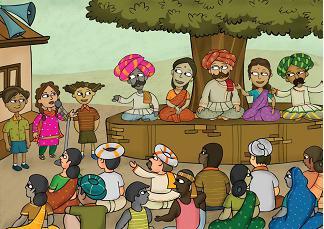
Article 1 (definition of the child)
Everyone under 18 years of age has all the rights in this convention.
Article 2 (without discrimination)
The convention applies to everyone whatever their race, religion, abilities, whatever they think or say, and whatever type of family they come from.
Article 3 (best interests of the child)
All organisations concerned with children should work towards what is best for every child.
Article 4 (protection of rights)
Governments must do all they can to fulfil the rights of every child.
Article 6 (survival and development)
Every child has the right to life. Governments must take necessary steps to ensure that children survive and grow up well.
Article 12 (respect for the views of the child)
Children have the right to say what they think in all matters that may affect them and to have their opinion taken into account.
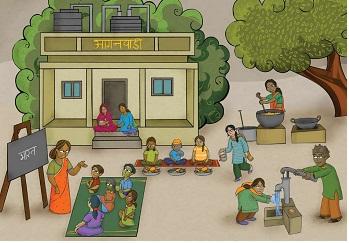
Survival and development rights: The basic rights to life and achieving one’s full potential
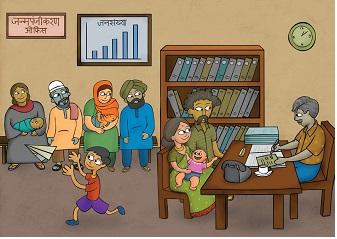
Article 7 (registration, name, nationality, care)
Children have the right to a legally registered name and nationality. They also have the right to know and, as far as possible, to be cared for, by their parents.
Article 9 (separation from parents)
Children should not be separated from their respective parents unless it is for their own good, for example, if a parent is abusing or neglecting a child). In the event of their parents getting separated, they have the right to stay in contact with both parents, unless this might harm them.
Article 20 (children deprived of a family)
If the children cannot be looked after by their own family, governments should ensure that they are looked after properly by people who respect their religion, culture and language.
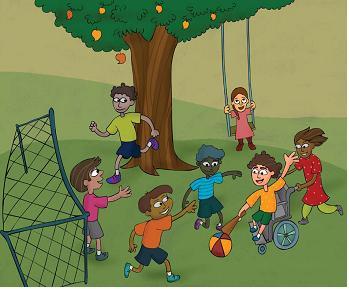
Article 22 (refugee children)
If children have come into the country as refugees,then it is important that they have the same rights as children born here. Also adequate steps are to be taken to make sure that these children are reunited with their families, wherever possible.
Article 23 (with disability)
Every child with a disability has the right to live a decent life with dignity, independence and an active role in the community. They are entitled to special care and support to lead such a life..
Article 24 (health and health services)
Children have the right to good quality health care, clean water, nutritious food and a clean environment, so that you they stay healthy.
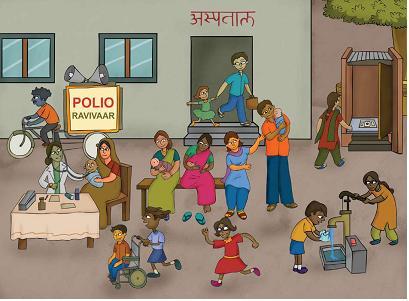
Article 25 (review of treatment in care)
Those children who are under the care of any local authority (hospital, custody etc), rather than by their parents, have the right of review of their treatment and situation regularly.
Article 26 (social security)
Children have the right for help from the Government if they are poor or in need.
Article 27 (adequate standard of living)
Every child has the right to a standard of living that is good enough to meet their physical and mental needs. The Government should help their families, if they cannot afford to provide this.
Article 28 (right to education)
Every child has the right to an education. Primary education must be free. Secondary education must be available to every child.
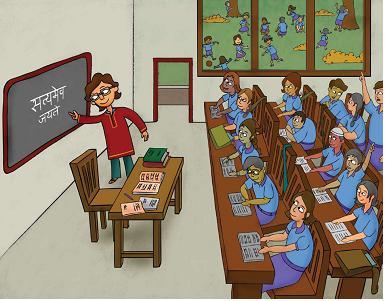
Education should develop your personality and talents to the maximum extent. It should encourage the child's respect for human rights as well as respect for their parents, their own and other cultures and the environment.
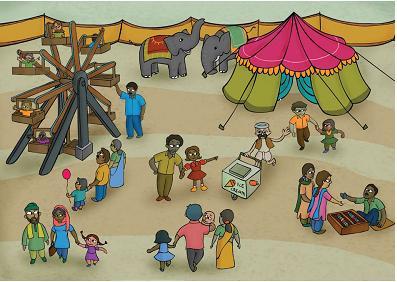
Article 30 (children of minorities)
Every child has the right to learn and use the language, customs and religion of their family, whether or not these are shared by the majority of people in the country.
Article 31 (leisure, play and culture)
Children have the right to relax, play and join in a wide range of cultural and extra-curricular activities.
Article 42 (awareness of rights)
The Government should make the convention known to all parents and children.
Protection rights: Keeping safe from harm
Article 19 (protection from violence)
Governments should ensure that the children are properly cared for and protected from violence, abuse and neglect by their parents, or anyone else who looks after them.
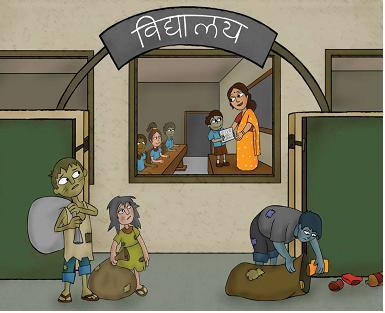
Article 32 (child labour)
The Government should protect children from work that is dangerous, or that might harm your health or education.
Article 36 (other forms of exploitation)
Children should be protected from any activities that could harm their development.
Article 35 (abduction)
The Government should make sure that children are not abducted or sold.
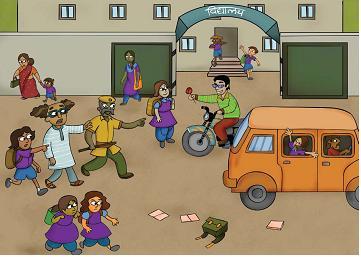
Article 11 (kidnapping or trafficking)
The Government should take steps to protect children from being taken out of their country illegally.
Article 34 (exploitation)
The Government should protect children from sexual abuse.
Article 37 (detention)
No child shall be tortured or suffer cruel treatment or punishment, while being detained for an offence. They can be arrested only as the last resort and that too for the shortest possible time and they are entitled to be in contact with their families during the detention period.
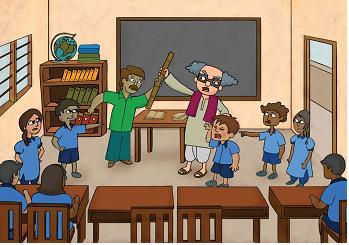
Article 40 (juvenile justice)
Children who are accused of breaking the law, are entitled to receive legal help and a fair trial which takes into consideration their age and situation.
Participation rights: Having an active voice
Article 15 (freedom of association)
Every child has the right to receive and to share information, to meet together and to join groups and organisations as long as it does not restrict the rights of others.

Article 13 (freedom of expression)
Article 16 (right to privacy)
Children have a right to privacy. The law should protect children from attacks against their way of life, their families and homes.
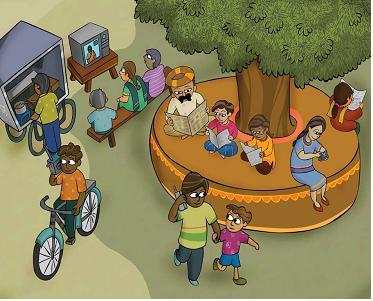
Article 17 (access to information from mass media)
Children have the right to reliable information from the mass media. Television, radio and newspapers should provide information that they can understand, and should not promote materials that could harm them.
Source : UNICEF
Related Resources
Last Modified : 9/25/2024
The topic covers about various policies related to...
Child protection refers to preventing and respondi...
Role of parents and teachers in overall developmen...
This topic provides information about national oly...
